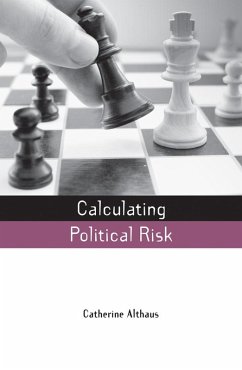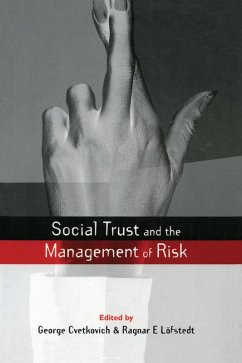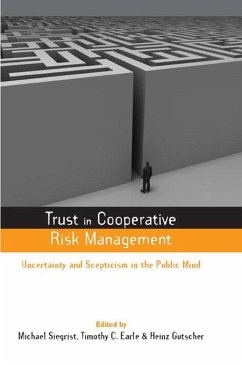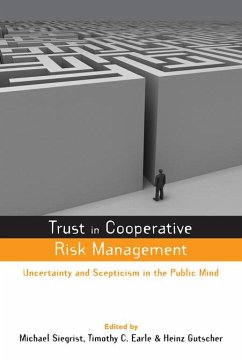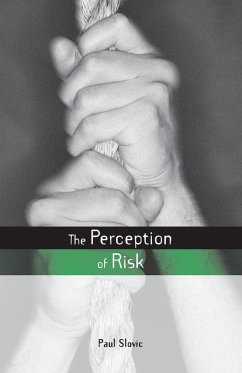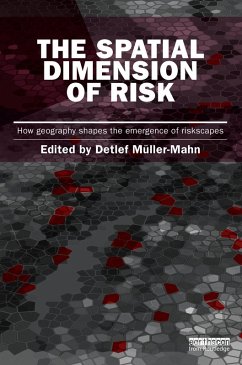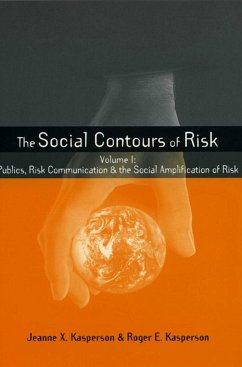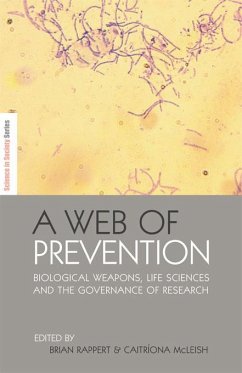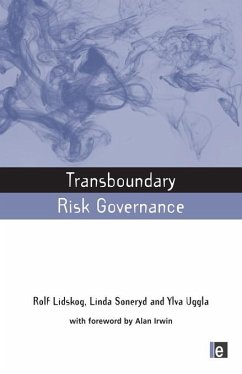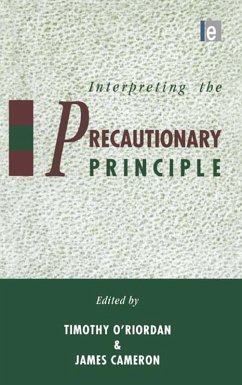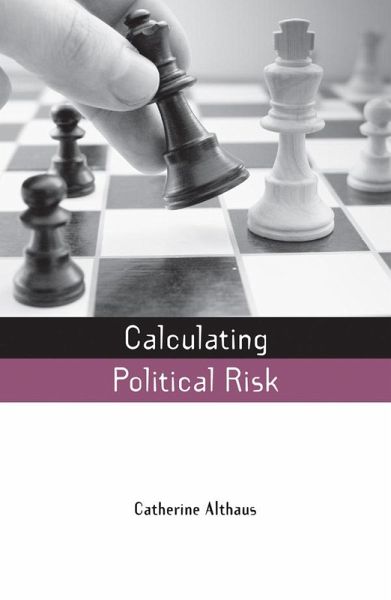
Calculating Political Risk (eBook, ePUB)
Versandkostenfrei!
Sofort per Download lieferbar
55,95 €
inkl. MwSt.
Weitere Ausgaben:

PAYBACK Punkte
28 °P sammeln!
Calculating Political Risk is rich and illuminating, and much more than a political science treatise. Althaus draws on diverse literature, extensive interviews and intriguing case studies to offer interdisciplinary, practical and nuanced insight. This book provides new perspectives and more precise language for making sense of a critical dimension of politics, policy-making and public management. Evert Lindquist, Director and Professor, School of Public Administration, University of Victoria, Canada This powerful new book is the first ever examination of the hard edge of how political risk - s...
Calculating Political Risk is rich and illuminating, and much more than a political science treatise. Althaus draws on diverse literature, extensive interviews and intriguing case studies to offer interdisciplinary, practical and nuanced insight. This book provides new perspectives and more precise language for making sense of a critical dimension of politics, policy-making and public management. Evert Lindquist, Director and Professor, School of Public Administration, University of Victoria, Canada This powerful new book is the first ever examination of the hard edge of how political risk - something faced by all political actors innumerable times every day - is calculated and used in decision-making. It opens with an outline of the historical and linguistic origins of risk, the various disciplinary understandings of risk, the risk society concept, and how risk has come to be so prominent in the context of environmental disaster and terrorism. The book then defines political risk and looks at its manifestations in the public sector, from project to high-level political risk. It also looks at risk identification versus risk management and compares the concept of political risk with the private sector practice of risk management. Unique research findings from interviews with over 100 risk practitioners and politicians provide a detailed look at how political actors calculate political risk. Case study-based chapters look in-depth at neat and discrete examples: risk calculation in state development plans in Australia; political risk identification and management in the UK during the mad cow crisis; and US government risk calculation in the post-September 11 context. The final chapters draw together the experiences and lessons learned from the case studies and practitioner insights to formulate a better understanding of what political risk is and what its calculation means in political practice. The author shows how political risk calculation provides a fresh perspective on policy analysis and identifies how political risk is relevant to a broader understanding of politics and political science, as well as policy formulation and implementation on the ground.
Dieser Download kann aus rechtlichen Gründen nur mit Rechnungsadresse in A, B, BG, CY, CZ, D, DK, EW, E, FIN, F, GR, HR, H, IRL, I, LT, L, LR, M, NL, PL, P, R, S, SLO, SK ausgeliefert werden.




